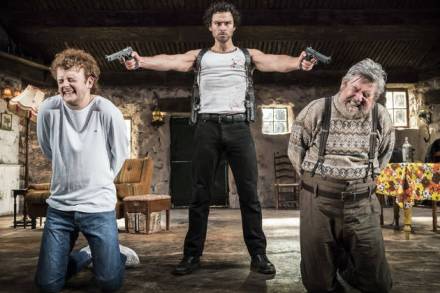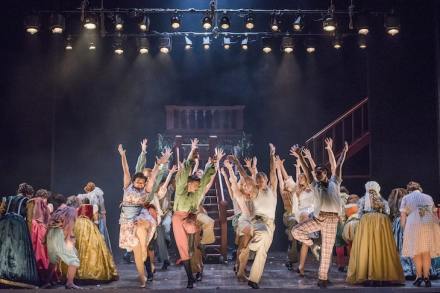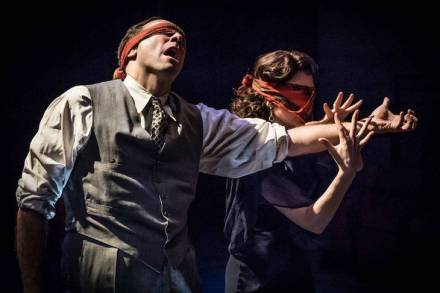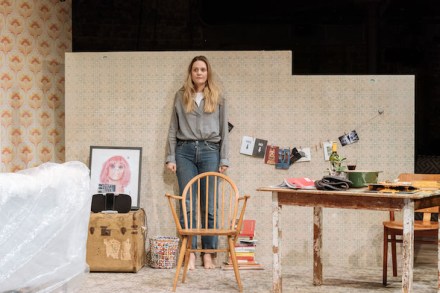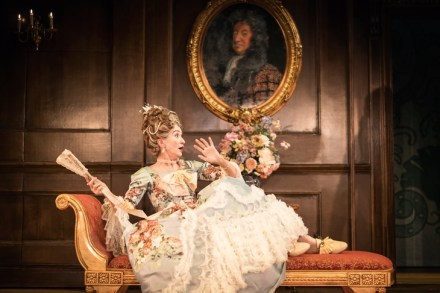The NHS at 70 (plus)
Alan Bennett’s new play, Allelujah!, is an NHS drama set in a friendly hospital in rural Yorkshire. Colin, an ambitious local boy turned metropolitan yuppie, has arrived from London to visit his sick father and he takes the opportunity to assess the efficiency of the hospital on behalf of his bosses at the health department in Whitehall. Meanwhile, a TV crew has found evidence that a staff member is murdering elderly patients to create vacant beds for new arrivals. Bennett’s sentimental adoration of the NHS leads him to misrepresent a couple of political issues. It’s false to suggest that any well-run hospital is bound to be flogged to the commercial



